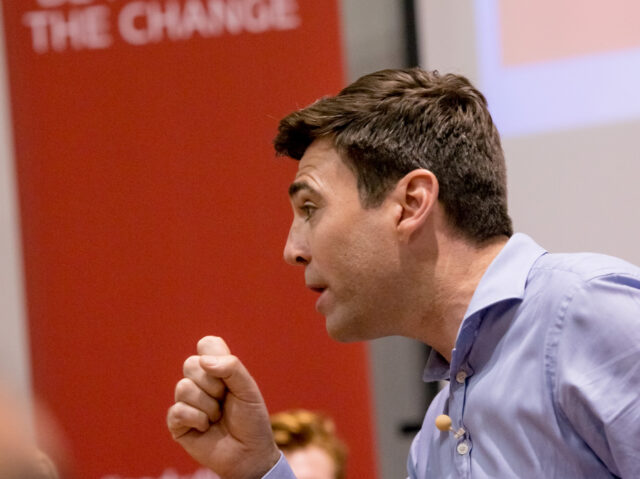Britain’s opposition Labour Party opened its annual conference on Sunday, with leaders attacking the “immoral” tax-cutting of the new Conservative government.
The event, this year taking place in the northern city of Liverpool, kicked off two days after the British government, under new prime minister Liz Truss, said it would scrap the 45 per cent tax rate on earnings over £150,000 and forge ahead with plans to boost growth.
The Labour Party has seized on the planned tax cut as a crux issue for hard-at-heel Britons who are struggling through the worst cost of living rise in decades. “I do not think that the choice to have tax cuts for those that are earning hundreds of thousands of pounds is the right choice when our economy is struggling the way it is, working people are struggling in the way they are,” Labour leader Sir Keir Starmer told the BBC.
Andy Burnham, the Mayor of Manchester, one of England’s largest cities said the policy was “immoral”.
Income taxes for so-called higher earners will remain rather heavy overall, however, with earnings over £50,271 continuing to be taxed at 40 per cent.
Labour suffered a crushing defeat in the last general election in 2019 under previous leader Jeremy Corbyn, with ousted Conservative leader Boris Johnson winning the Conservatives’ biggest parliamentary majority since the Margaret Thatcher era.
Labour is therefore using this conference as a way of repositioning itself as a supposedly credible government in waiting.
Sir Keir claimed there was now “belief in a Labour government” among an electorate that is coping with soaring energy bills that have helped push inflation up to 9.9 per cent while workers get only modest wage increases.
He pledged to reverse the planned income tax cut for the highest-earning Britons — who were subject to a 50 per cent tax on earnings over £150,000 (~$163,000) when Labour was in power — and to hit energy producers for another windfall tax on bumper profits.
He also said his government would splurge more public money on the green agenda, claiming this would speed the transition from fossil fuels.
Truss’s government has rejected another windfall tax on energy producers — on top of the one that has already been imposed — in the belief that it will discourage investment.
She will subsidise energy bills for citizens and businesses, however, at a cost to taxpayers estimated at more than 150 billion pounds (~$163 billion).

COMMENTS
Please let us know if you're having issues with commenting.